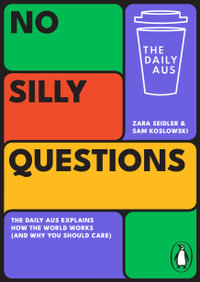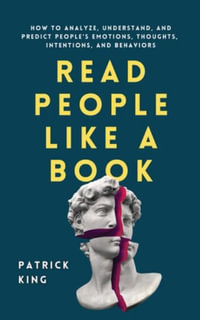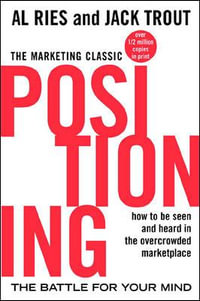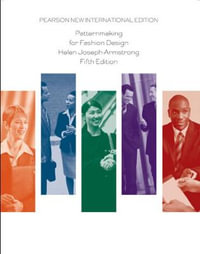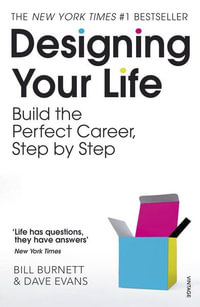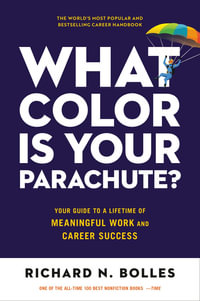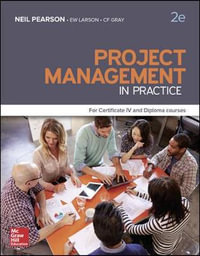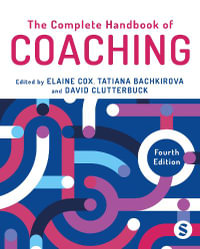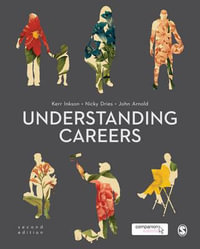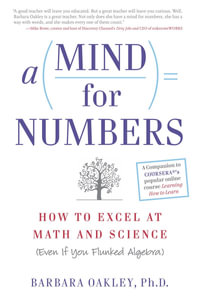
Applying Career Development Theory to Counseling
6th Edition
By: Richard S. Sharf
Hardcover | 5 March 2013 | Edition Number 6
At a Glance
New Edition
Hardcover
$485.50
Aims to ship in 15 to 25 business days
New to this Edition
- A Theory Outline at the beginning of each chapter summarizes major points of the theory to be covered, introducing students to the upcoming material and providing a convenient tool for review. Chapters 1 and 16, which don't present descriptions of a specific theory, include Chapter Highlights instead.
- Each chapter has been revised to reflect the results of new research and any subsequent changes in the theory under discussion. Research conducted outside of the United States--for instance, a marked increase from countries in Africa--continues to make a greater contribution to career development research discussed in the textbook.
- Chapter 3, "Occupations: Information and Theory," presents updated occupational information for the United States labor market and a greater number of references about the global labor market.
- Chapter 7, "Career Development in Childhood," offers new ideas and insights. Coverage features a revised discussion of Super's early growth stage of children's career development, which has been modified by the results of Howard and Walsh's studies concerning the fantasy substage--including Level 1 (Pure Association) and Level 2 (Magical Thinking). Discussion of the modification of Super's interest substage includes material on Level 3 (External Activities).
- Chapter 8, "Adolescent Career Development," provides recent views on Super's late growth stage of adolescent career development, which has been modified by Howard and Walsh's work on adolescent vocational reasoning (e.g., Level 4 on Internal Processes and Capacities and Level 5 on Interaction). The author also presents new information on work by Vondracek and his colleagues on the concept of vocational identity.
- Chapter 9, "Late Adolescent and Adult Career Development," discusses Jeffrey Arnett's description of emerging adulthood (including the age of identity, the age of instability, a self-focused age, the age of feeling in-between, and the age of possibilities). Sharf focuses on how these stages relate to career development by providing new insights on how young people approach entry into the labor market.
- Chapter 10, "Adult Career Crises and Transitions," now discusses the kaleidoscope career (a career defined not by a corporation but by an individual's own values and life choices) in expanded coverage of the boundaryless and protean careers.
- Chapter 12, "Relational Approaches to Career Development," includes an explanation of Blustein's relational theory of working, which is related to Richardson's discussion of the working perspective.
- Chapter 13, "Krumboltz's Social Learning Theory," incorporates recent changes to Planned Happenstance Theory (now called Happenstance Learning Theory), and information about the implications of the changes for career counseling.
- Chapter 15, "Career Decision-Making Approaches," summarizes recent research on the concept of calling (of particular relevance in a spiritual perspective on career development), helping to clarify the differences between a spiritual perspective and other perspectives.
- Chapter 16, "Theories in Combination," includes a new section that outlines each theory presented in the book, followed by a summary of the theory's strengths and weaknesses. This section offers students a succinct study and review resource, and in-service counselors a convenient refresher should they wish to remind themselves about various theories and their approaches to career development.
- The Appendices have been significantly revised and updated. Appendix A contains the 2009 CACREP standards for Career Development and identifies how each standard relates to sections in the textbook. Appendix B has revised information about tests and their publishers. Appendix C includes information about websites for career counseling organizations, education and internships, job postings, and occupational information.
- InfoTrac® Student Collections are specialized databases expertly drawn from the Gale Academic One library. Each InfoTrac® Student Collection enhances the student learning experience in the specific course area related to the product. These specialized databases allow access to hundreds of scholarly and popular publications - all reliable sources - including journals, encyclopedias, and academic reports. Learn more and access at: http://gocengage.com/infotrac.
About the Author
Richard S. Sharf has been a counseling psychologist at the Center for Counseling and Student Development at the University of Delaware for 37 years, providing counseling to university students. He also was the internship coordinator for the Psychology Doctoral Internship program. In addition, he taught graduate courses in counseling in the Department of Human Development and Family Studies. In writing THEORIES OF PSYCHOTHERAPY AND COUNSELING: CONCEPTS AND CASES, he corresponded with over 70 experts on theories of psychotherapy to ensure that the book is accurate and up to date. He is also author of APPLYING CAREER DEVELOPMENT THEORY TO COUNSELING, 6th Edition (©2014, Cengage Learning).
ISBN: 9781285075440
ISBN-10: 1285075447
Series: Mindtap Course List
Published: 5th March 2013
Format: Hardcover
Language: English
Number of Pages: 544
Audience: College, Tertiary and University
Publisher: Cengage Learning
Country of Publication: US
Edition Number: 6
Edition Type: Revised
Dimensions (cm): 25.4 x 20.32 x 2.54
Weight (kg): 1.11
Shipping
| Standard Shipping | Express Shipping | |
|---|---|---|
| Metro postcodes: | $9.99 | $14.95 |
| Regional postcodes: | $9.99 | $14.95 |
| Rural postcodes: | $9.99 | $14.95 |
How to return your order
At Booktopia, we offer hassle-free returns in accordance with our returns policy. If you wish to return an item, please get in touch with Booktopia Customer Care.
Additional postage charges may be applicable.
Defective items
If there is a problem with any of the items received for your order then the Booktopia Customer Care team is ready to assist you.
For more info please visit our Help Centre.

